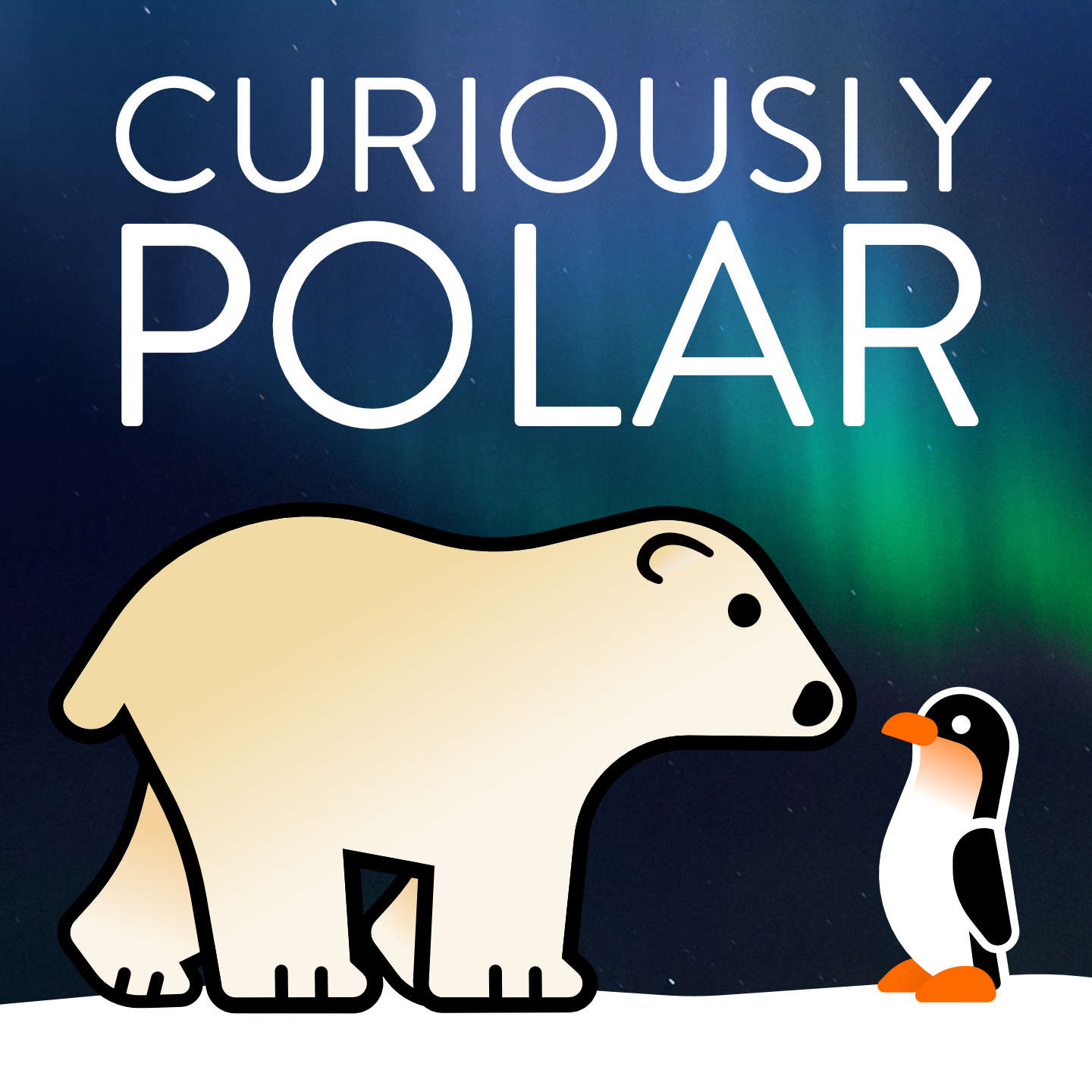129 Jeanette: The Mother of Modern Arctic Exploration
Notes
Watch this on video | Buy us a coffee: Chris / Henry
Polar Newsreel As the planet continues to heat up, a third of all Antarctic ice shelves risk to collapse, a new study founds. At the same time, Russia orchestrates a complex Arctic military exercise, letting three nuclear submarines surfacing simultaneously through the ice close to the North Pole. It remains to be seen whether this should underpin Russia’s new, extended claim for a larger piece of the Arctic. In Iceland, however, the ongoing volcanic eruption draws a lot of tourism and brings a large number of contenders for this year’s Darwin Award.
The Mother of Modern Arctic Exploration Thanks to Mia Bennett and Antoine Vanner, today’s episode looks into the question how one one ill-fated expedition could impact so many future expeditions in the Arctic.
Following a long-standing theory of an ice-free North Pole and at a time when the United States just recently bought Alaska and started to wonder what lies beyond their new northern-most territory, James Gordon Bennett Jr., the publisher of the most popular and profitable daily newspaper of the time, The New York Herald, set up the USS Jeannette to sail up the Bering Strait, following the hypothesised temperate ocean current, the Kuro Siwo, all the way to the North Pole.
Shortly after the expedition, led by US Navy Lieutenant Commander George Washington De Long, entered the Chukchi sea they charted a new group of Islands north of the New Siberian Islands but very soon got caught in ice and locked up for the next 21 months. After almost two years in the ice, the pressure of the ice crushes the Jeannette and the ship sinks. The 33 men make their way towards the Lena Delta not without carrying the comprehensive ship’s log containing a number of valuable information.
And it’s the ship’s log that make the biggest treasure of that failed expedition. Those records, along with similar data housed in many other archives, are being fed into the 20th Century Reanalysis, a sophisticated weather reconstruction database developed by the National Oceanic Atmospheric Administration that allows scientists to characterise floods, droughts, storms, and other extreme events from history - and use the violent weather of the past to understand the present.
But further, when in June 1884 wreckage of the ship was found near Julianehåb, todays Qaqortoq, in south-west Greenland, the theory was born that an ocean current flowed from east to west across the polar sea. It gave the Norwegian explorer Fridtjof Nansen the idea for his famous Fram expedition that later led to the modern-day MOSAiC expedition of the Alfred Wegener Institut.
So posthumous the so miserably failed expedition became a great success long after its time turning it into the Mother of modern Arctic Exploration.
This is an episode of the Curiously Polar podcast
with Chris Marquardt https://chrismarquardt.com/ Henry Páll Wulff: https://henrypall.com/
Listen to all podcast episodes at https://curiouslypolar.com
All video episodes at https://tfttf.com/curiouslypolarvideo
Find us here: Web: https://curiouslypolar.com Twitter: https://twitter.com/curiouslypolar Instagram: https://instagram.com/curiouslypolar




